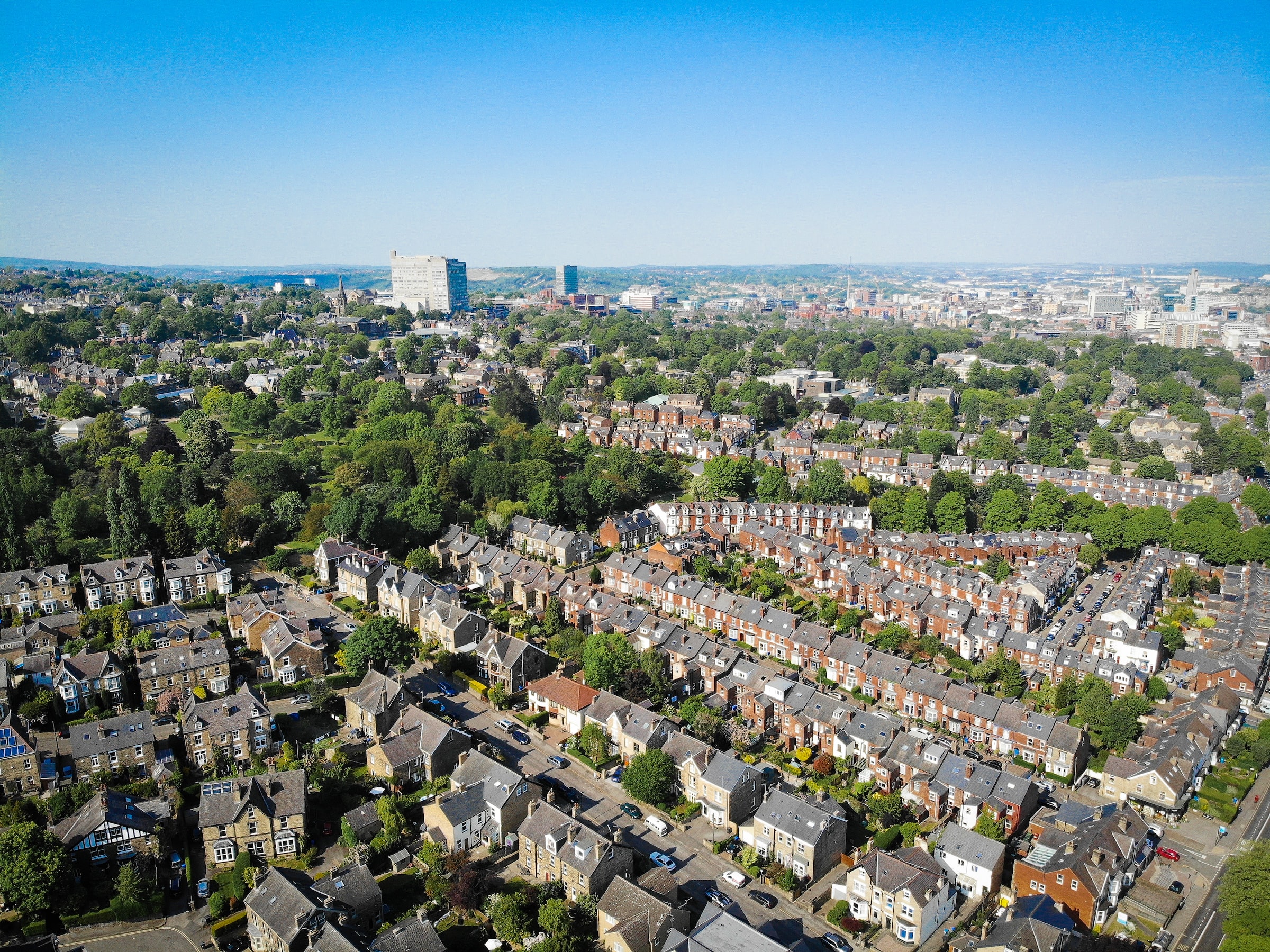£1.5bn Government Funding to Improve Energy Efficiency Though SHDF

Around 130,000 low-income households across England could see bills slashed by around £400 to £700 a year as their homes receive energy efficiency upgrades through UK Government funding. Housing Industry Leaders explores how this will support social housing providers and local authorities to improve the energy efficiency of homes.
The funding will see the installation of measures such as external wall and loft insulation, energy-efficient doors and windows, heat pumps and solar panels, with multiple measures often installed in a single home to improve the energy efficiency considerably.
Local authorities and social housing providers will be able to submit bids for funding. They will deliver upgrades from early next year until March 2025, building on more than 30,000 homes already being upgraded under the Social Housing Decarbonisation Fund and Home Upgrade Grant schemes.
Residents Are To Save Money On Their Heating Bills
Thanks to the UK Government’s Energy Price Guarantee, for the next two years, the typical annual household bill will be £2,500, a saving of at least £1,000 a year based on current prices and energy usage. This is on top of existing government plans to give all households £400 off bills this winter.
It means that households will receive significant protection from an 80 per cent rise in the Energy Price Cap and won’t see average household bills increase to over £3,500 annually, with some reports predicting bills could have risen as high as £6,500 next year.
There was also no price cap in place for businesses, meaning British companies were also experiencing significant increases in energy costs – in some cases of more than 500 per cent – but thanks to government intervention through the Energy Bill Relief Scheme, businesses, public and third sector organisations will pay wholesale energy costs well below half of the expected prices for this winter.
Kate Henderson, Chief Executive of the National Housing Federation, said: “The launch of the second wave of the Social Housing Decarbonisation Fund is hugely welcome.
“This vital funding will enable housing associations across the country to make significant progress in retrofitting and decarbonising their homes – work that not only cuts carbon emissions but saves residents money on their heating bills.
“We know that England’s homes produce more carbon each year than the average annual use of the country’s cars, so decarbonising social homes has a pivotal role to play to meeting the country’s net zero target.”
The National Housing Federation and our members look forward to continuing to work with BEIS to demonstrate the benefits that decarbonising homes has on residents’ lives.
Around 100,000 Social Homes Will Recieve Energy Efficiency Upgrades
As part of the government’s Growth Plan, which was recently announced, the schemes could together support 19,000 green energy sector jobs.
Social housing with an Energy Performance Certificate (EPC) rating of D or lower will be eligible to receive Social Housing Decarbonisation Fund (SHDF) upgrades, while the Home Upgrade Grant (HUG) funding will help people who are most vulnerable to fuel poverty, living in privately-owned – both rented and owner-occupied – off gas-grid homes and on low incomes.
The cash boost forms part of £12 billion combined funding under the UK Government’s ‘Help to Heat’ schemes, which also include the Local Authority Delivery and Energy Company Obligation schemes, targeting support to lower income and more vulnerable households.
The HUG funding will see up to £700m available for local authorities to install energy efficiency measures in around 30,000 properties. Estimates for average annual energy bill savings for low-income households in HUG are around £700 at current prices.
Up to £800m SHDF wave 2 grant funding will see around 100,000 social homes receiving energy efficiency upgrades, with estimated average energy bill reductions of around £400 a year at current prices. The grant funding provided by the government will have to be matched by those applying, doubling the investment being made under the SHDF scheme to around £1.6bn.
The wave 2 funding builds on the £179m funding announced through SHDF wave 1 in February 2022, which is upgrading up to 20,000 social housing properties.
Energy Efficiency Improvements Are Key To Saving Money On Energy Bills
Minister for Business and Energy Lord Callanan said: “The cheapest form of energy is the energy we do not use. The Government’s Help to Heat schemes are already bringing real benefits to tens of thousands of low-income households across the country by improving the energy performance of their homes and saving them hundreds of pounds on their bills.
“Together with the unprecedented support government is putting in place to help households and businesses with rising energy costs, this latest funding will extend that assistance even further, targeting help to those who need it most by making their homes warmer and cheaper to run.”
It is set to deliver further on the huge progress that has already been made to increase the energy efficiency of UK homes.
In 2010, just 14 per cent had an Energy Performance of C or above, however it is now at 46 per cent and rising, with the social housing sector up from 18 per cent in 2008 to around 66 per cent.
Energy efficiency improvements are one of the most effective ways to save money on energy bills at a time of rising global gas prices.
Social Housing Retrofit Programmes Can Be Scaled-up
Tracy Harrison, Chief Executive, Northern Housing Consortium said: “We welcome the opening of this important funding, which gives the North the opportunity to scale-up social housing retrofit programmes, creating good, skilled, green jobs and helping to tackle fuel poverty in our communities.”
The North is ambitious for this Wave – some significant collaborations are under way and councils and housing associations are looking forward to working with BEIS to build on the momentum we’ve already established together.
This latest funding is in addition to government action to protect UK households from the costs of energy that are being pushed up by pressures on global markets following Russia’s illegal invasion of Ukraine.
The Energy Price Guarantee will limit the amount consumers can be charged for each unit of gas and electricity use in their home and will apply from 1 October, fixing the unit cost at the equivalent of a £2500 annual bill for a typical household with average gas and electricity use.
This will save the average household £1,000 a year based on current energy prices from October. It comes in addition to the announced £400 energy bills discount for all households and together they will bring costs close to where the energy price cap stands today.
The Most Vulnerable Households Will Recieve Additional Payments
Taken together, the government is cutting energy bills by an expected £1,400 this year, and millions of the most vulnerable households will receive additional payments, taking their total savings this year to £2,200.
Meanwhile, the Energy Bill Relief Scheme will reduce wholesale gas and electricity prices for all UK businesses, charities and public sector bodies, such as schools and hospitals, meaning they will pay wholesale energy costs below half of expected prices for this winter. The next wave of the Public Sector Decarbonisation Scheme will also soon open for new applications, with up to £635m in funding to further support bill savings in the public sector.

